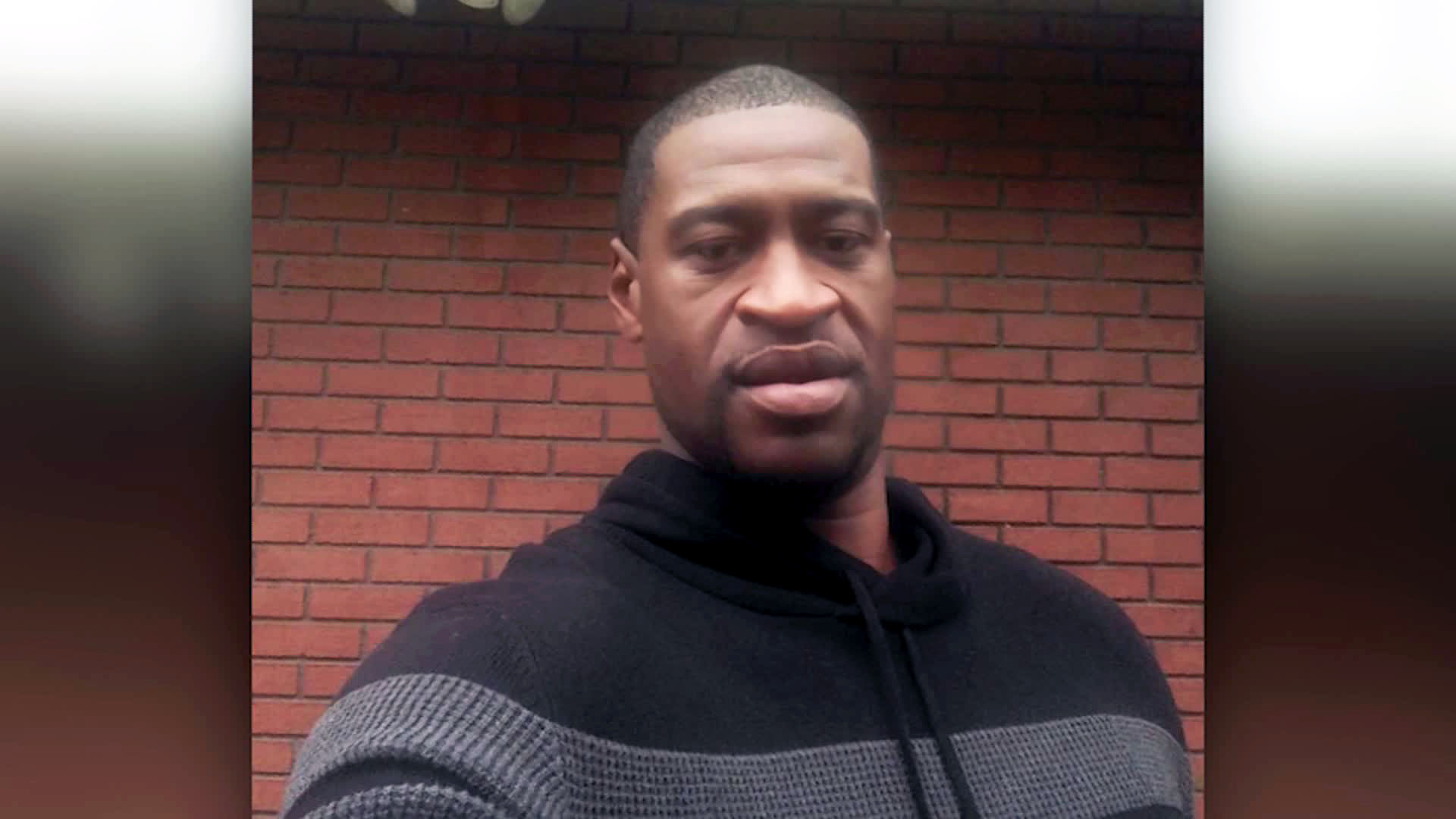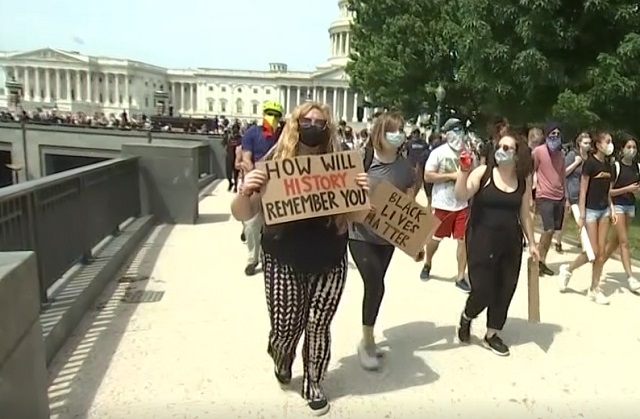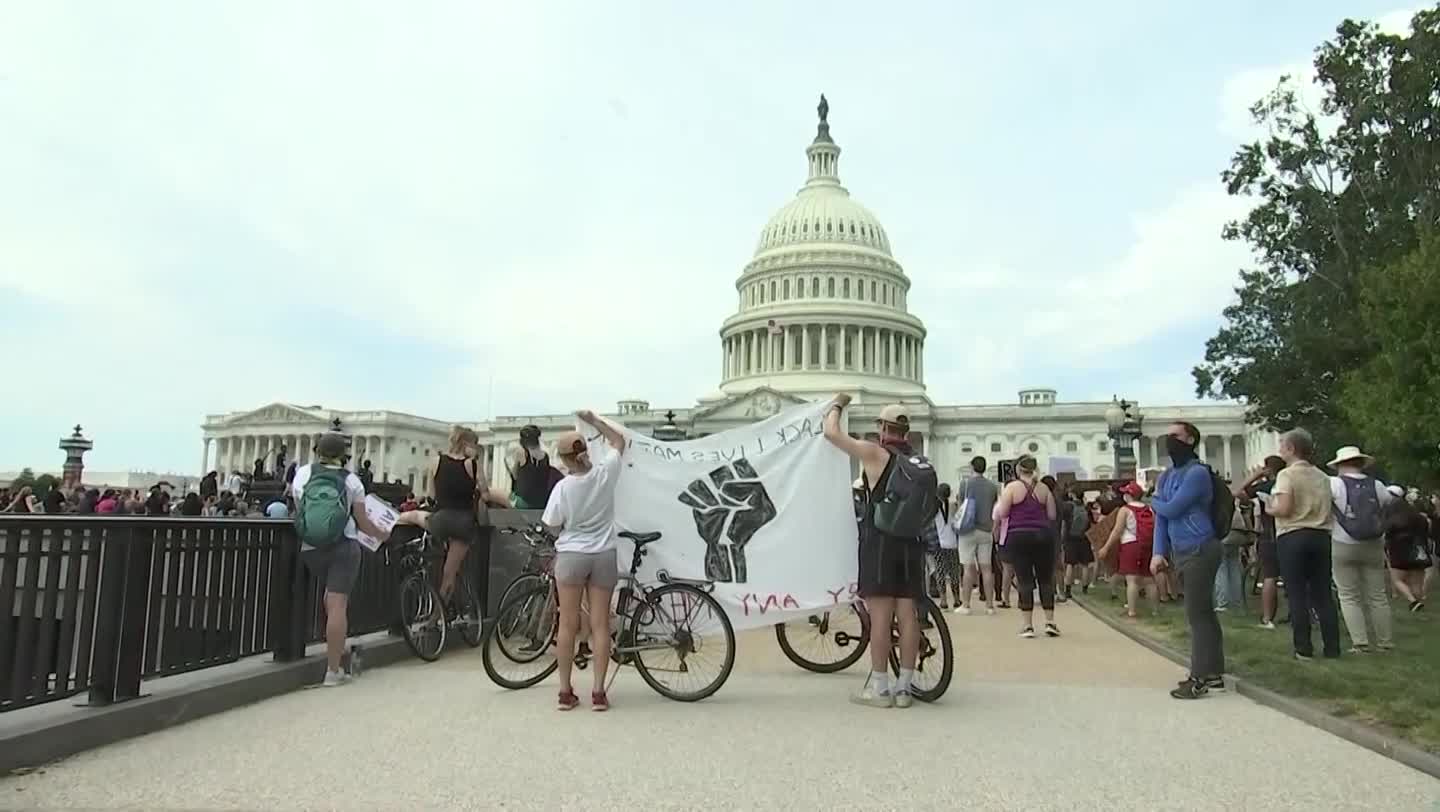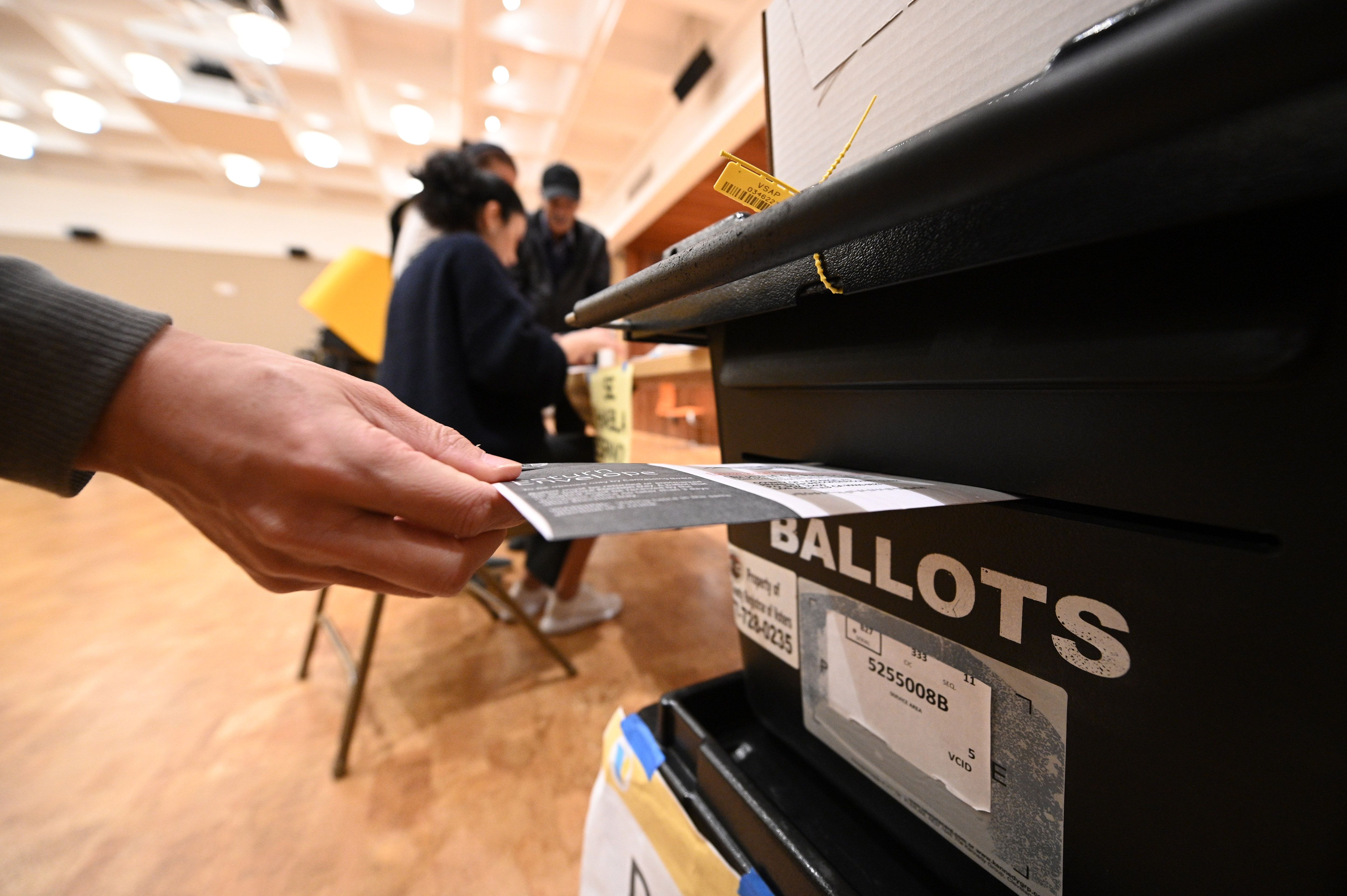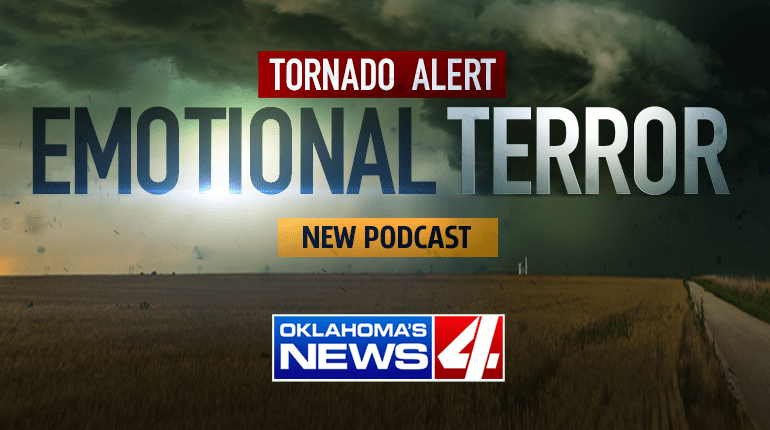Families of those killed by COVID-19 have endured a compounded tragedy.
Most of them have been unable to be with their loved one in their final moments; an added layer of grief.
Two years ago, Gary Hill II was diagnosed with non-Hodgkin’s lymphoma.
He fought through chemotherapy and experimental treatments so that he could live for his extended family, his wife and his sons.
Gary was the second of Shelice McKay’s four children and her only son.
March 21, Hill ran a low-grade fever – 99 degrees.
His oncologists had always recommended going to the emergency room to be safe.
Hill’s wife, Priscilla Hill, drove him to the ER on March 21.
She had no idea when she watched her husband walk into the hospital that it would be the last time she would see him alive.
One month ago, COVID-19 was just beginning to ramp up in Oklahoma.
Hospitals were on high alert, worried about a patient surge, cautious about the spread.
The Hill family was unprepared for the way Gary would be received at the hospital.
He was admitted to OU Medical Center Edmond at 7 a.m.
He was a regular at the hospital, with at least eight other trips to this ER in the past year.
Gary’s symptoms were common for a cancer patient undergoing treatment: fever and pain.
“It was very routine for us,” said Priscilla Hill. We went every other week for the same things.”
“That pain was not abnormal. The fever was not abnormal,” said Hill’s sister, Princiss Rockmore. “Gary went to the hospital for this quite regularly. [Except this time] he was placed with the other COVID-19 patients. He was being treated as if he had COVID-19.”
Hill was alone in isolation on the COVID floor at the hospital.
All medical conversations about his treatment between doctors, nurses and the family were conducted during conference calls. They were not allowed to see him. They were not allowed to enter the hospital because of COVID-19 protocol.
“It was hard to wrap your mind around it because it was so unreal,” said Priscilla Hill.
By 2 p.m. on March 21, Gary was intubated, under sedation and unable to breathe on his own.
In eight previous trips to the emergency room for similar symptoms, Gary had never been intubated before.
“How did we get from a fever of 99 at 7 a.m. to 2 o’clock he’s on a ventilator?” asked Rockmore.
Gary’s family said after the ventilator went in, his condition got worse by the hour.
“They just automatically assumed he was sick with this virus, and they didn’t take the time to look at his history,” his mother said.
As night fell, the Edmond hospital transferred Gary to the main campus of OU Medical Center in Oklahoma City.
The next day, he was dead.
No one from Gary’s medical team called the family.
“We don’t even know when he actually passed away. I think he passed away at 11:57 a.m. and we didn’t find out until 12:44 p.m. when the chaplain called to give his condolences to Priscilla,” said Rockmore. “We never thought Gary had Covid-19 because the symptoms were so common of something he dealt with all the time.”
Five days later Gary’s Covid test came back negative. He did not have coronavirus.
The family asked for a medical examination. They also asked for an autopsy.
They were told they would not be able to get either because of the ongoing pandemic.
“The chaplain told us no medical examinations could be done; no autopsies were being done,” Rockmore said.
The Hill family blames Oklahoma’s lack of preparation and shortage of testing resources for Gary’s isolated death.
They grieved in isolation five days, unable to console family members in person while they waited for his test results.
Hill’s test was sent to Dallas, Texas, for analysis because Oklahoma labs were not yet operational.
The Hill family is heartsick; he died alone.
“When I close my eyes all I can see is my son fighting for his life with no one there by his side,” McKay said. “Even if, at some point, it was the cancer, he did not deserve to die like he did.”
While the family has no official cause of death, they understand his cancer played a role.
Although, Gary met with his oncologist just three days before March 21 and was told his liver and kidneys were both functioning well.
Gary’s loved ones had prepared two years for a dignified death.
His precious last moments were stolen by COVID-19.
News 4 reached out to OU Medicine with questions about the circumstances of Gary’s death and questions about why the Hill family was denied an autopsy.
OU Medicine provided this statement:
“OU Medicine extends heartfelt sympathy for families losing loved ones in hospital settings during this current pandemic. Although limiting visitation during this difficult time is necessary for everyone’s safety, we recognize that it is challenging for patients and their families, especially if a patient is not being treated for Covid-19 and is critically ill due to another condition. We strive to provide excellent healthcare and meet our patients’ needs. When we learn that we haven’t met others’ needs or expectations, our process is to contact them directly to understand and address their concerns. We are working with all of our patients and their families on issues that stem from the challenges from the Covid-19 pandemic.”
OU Medicine
Continued Coronavirus Coverage








